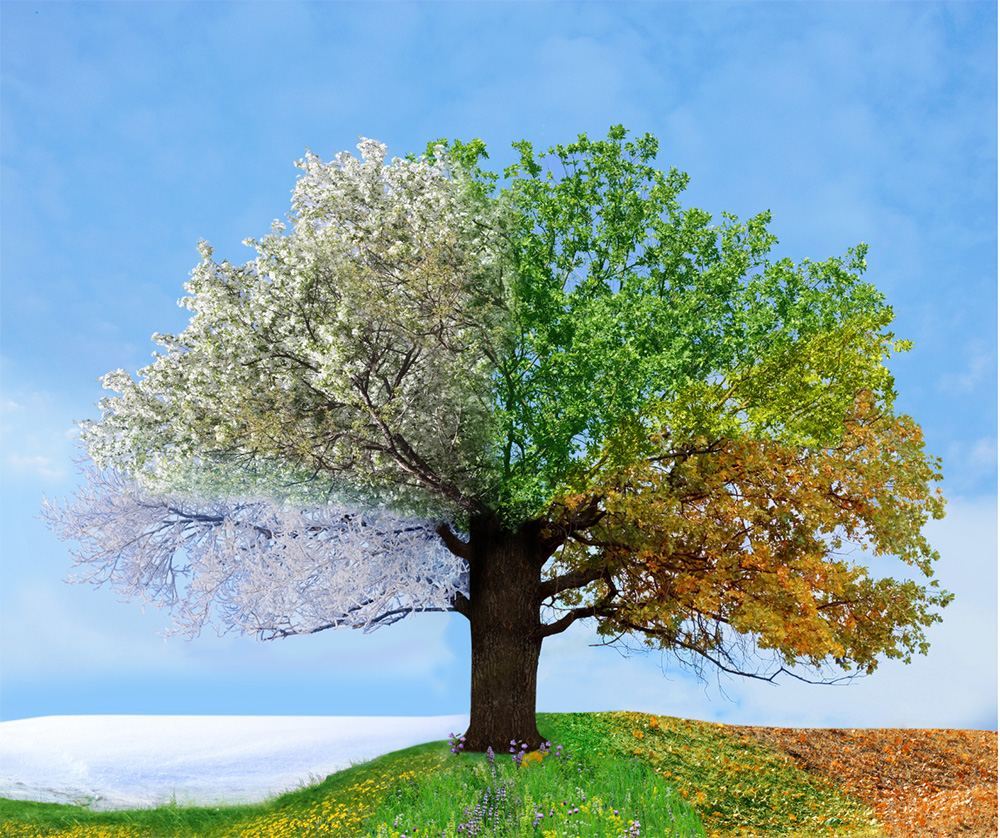One of the best parts of living in the Pacific Northwest is getting to experience all four seasons without too much extreme weather (though we’ll admit, year-round sunshine does sound pretty tempting in the middle of February).
With those four seasons comes the need to protect your home from the elements. It’s important to check-in on what your home insurance policy covers, as well as make sure you’re taking care of your home each season. Here are a few things to look out for:
Depending on where you live in the Pacific Northwest, you can expect at least some accumulation of snowfall. If you have more frequent winter storms, make sure outer walls, including those in unused places like the attic are insulated. Keep the heat set to at least 55 degrees, even if you leave your home for a period of time, so that pipes don’t burst. Check that pipes in colder areas of your house like the attic or basement have pipe insulation and heating tape. If you have a chimney, have it cleaned so that excess dirt doesn’t start a fire.
After the fall and winter months, there’s probably an excess of leaves, twigs, and pine needles filling up your gutters. Clear those out so that spring rain water will drain away from the house, protecting your foundation. If you have a sprinkler system, also check that the heads are not clogged and there are no leaks. Inspect seals around windows to protect against leaks. If you live in an area that could be susceptible to flooding or landslides, check with an insurance agent to see if you have the policy you need to protect yourself from those occurrences.
When we finally get a break from the Washington rain, it’s time to open up the backyard umbrella and enjoy the rays of summer. To make sure your yard is prepared for spending more time outdoors, inspect any play equipment, from swings to treehouses to trampolines for rust or rot. If you plan on firing up the grill or using a backyard fire pit, make sure it’s a safe distance from your home and away from any structures, trees, or bushes. Check the U.S. Fire Administration’s guidelines for maintaining safe outdoor grilling or fire pit practices. If you live in an area with frequent wildfires, check to see what insurance you need to protect your property.
Turn off your outdoor faucets, disconnect hoses, and let the excess water drain so the pipes don’t freeze and crack. Have dead tree branches removed so that when the stormy weather strikes, they don’t cause damage to your property. With stormy winds can also come power failures. See if your insurance protects against items that may spoil during an extended power failure. Check your heating system before you need to start using it: replace dirty furnace filters or clean out reusable ones. Remove flammable objects like curtains, paper, or cardboard from around heating vents. It’s also a good idea to give your roof a quick check over so that any leaks are caught before significant winter weather could cause serious damage.
Contact a Sea Mountain Homeowners Insurance specialist to make sure your home is prepared season-round.
